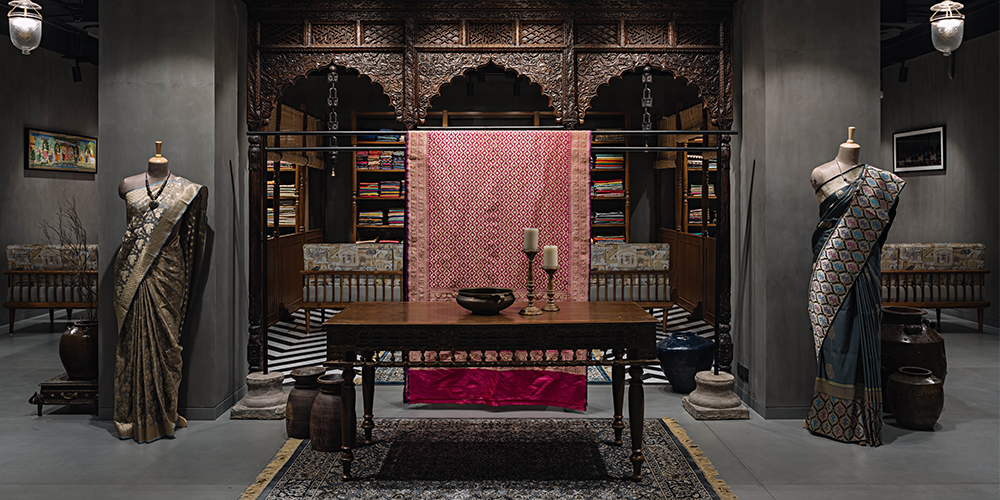In a world where choices are abundant and styles are ever-evolving, the allure of designer goods continues to captivate consumers across the globe. From luxurious handbags to high-end fashion, there’s a certain mystique surrounding designer items that goes beyond mere utility. So, why do people choose to spend their hard-earned money on these extravagant pieces? Let’s delve into the psychology behind the purchase of designer goods.
Contents
Status symbol
One of the primary reasons people invest in designer items, like ladies wallets or a Secrid twinwallet, is for the status they confer. Possessing a coveted luxury brand signals social standing, wealth, and success. Whether it’s a Louis Vuitton handbag or a Rolex watch, these items serve as tangible markers of one’s economic prowess. In a society where appearances matter, owning designer goods can elevate one’s perceived social status and garner respect and admiration from peers.
Quality and craftsmanship
While the price tags on designer items may induce sticker shock, many consumers justify their purchases by citing superior quality and craftsmanship. Luxury brands often pride themselves on using the finest materials and employing skilled artisans to create products that are built to last. From the meticulous stitching on a couture gown to the exquisite detailing on a pair of Italian leather shoes, the craftsmanship of designer goods is unmatched. For some, the assurance of longevity and enduring style justifies the investment.
Exclusivity and rarity
Designer items are often produced in limited quantities, contributing to their exclusivity and allure. The scarcity of certain pieces adds to their perceived value, driving demand among collectors and fashion enthusiasts. Whether it’s a limited edition handbag or a runway piece seen on the pages of Vogue, owning a rare designer item can evoke a sense of exclusivity and uniqueness. For many, the thrill of owning something coveted by only a select few is worth the premium price tag.
Emotional fulfillment
Beyond their material value, designer goods can evoke powerful emotions in their owners. The act of purchasing a luxury item can provide a sense of accomplishment, pride, and even happiness. For some, owning a coveted designer piece is akin to owning a piece of art—a tangible representation of beauty and creativity. The emotional connection forged with a designer item can turn it into more than just a possession; it becomes a source of joy, nostalgia, and self-expression.
Investment potential
While not all designer purchases may appreciate in value, some consumers view luxury goods as investments. Certain iconic pieces from renowned designers have been known to retain or even increase in value over time, especially if they’re rare or from limited collections. Vintage Chanel handbags, for example, have become sought-after collector’s items, commanding high prices at auctions. For savvy investors, purchasing designer goods can be a way to diversify their portfolio while indulging in their passion for fashion.
Aspirational lifestyle
For many consumers, purchasing designer items is a way to immerse themselves in a lifestyle associated with glamour, sophistication, and luxury. The allure of designer brands lies not only in the products themselves but also in the aspirational imagery and storytelling that accompanies them. From glossy fashion campaigns to celebrity endorsements, luxury brands craft narratives that resonate with consumers’ desires for a more glamorous and refined existence. Owning a piece of that lifestyle, even if only in the form of a handbag or a pair of sunglasses, can be immensely satisfying.
In conclusion, the allure of designer goods encompasses a complex interplay of status, quality, exclusivity, emotion, investment, and aspiration. While the decision to splurge on luxury items may seem extravagant to some, for many consumers, it’s a calculated choice driven by a desire for identity expression, social validation, and the pursuit of beauty and excellence. Whether it’s a statement handbag, a signature fragrance, or a tailored suit, designer goods continue to hold a timeless appeal that transcends mere fashion trends.

